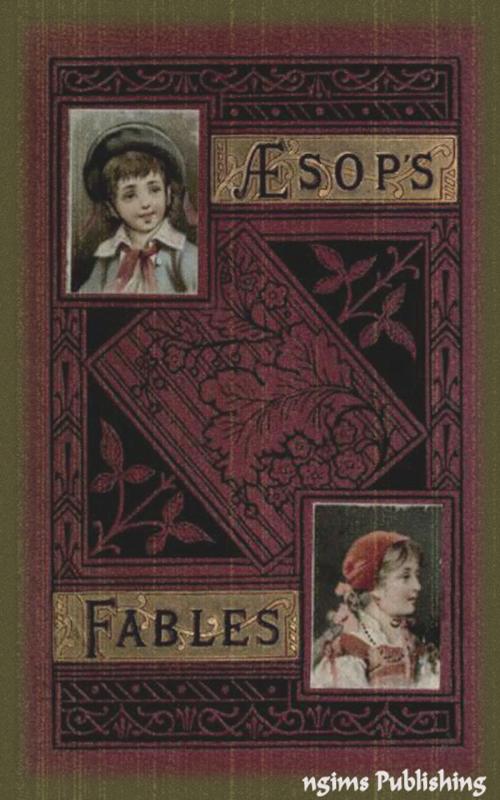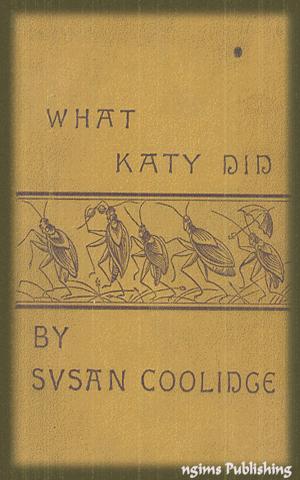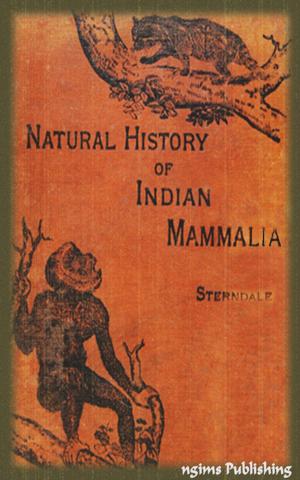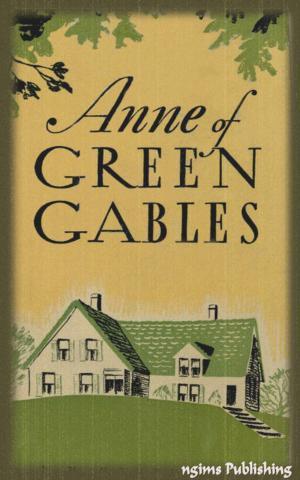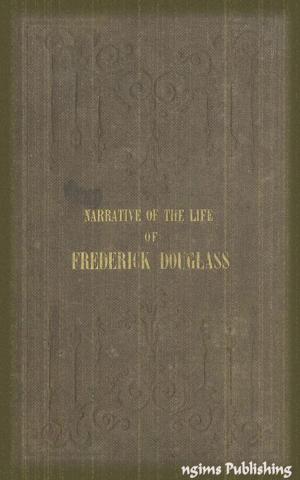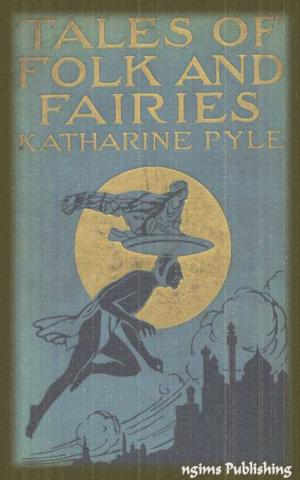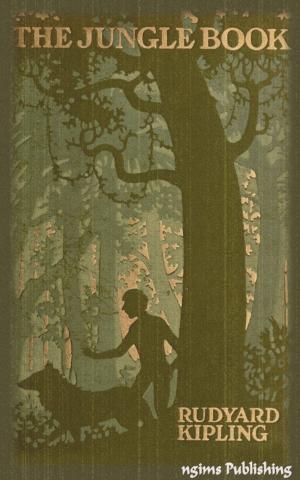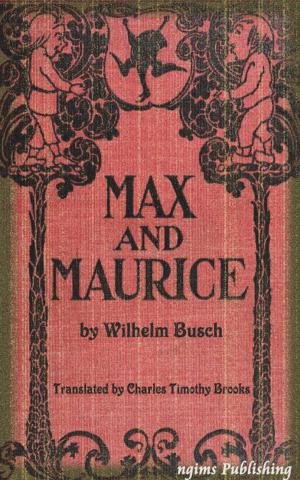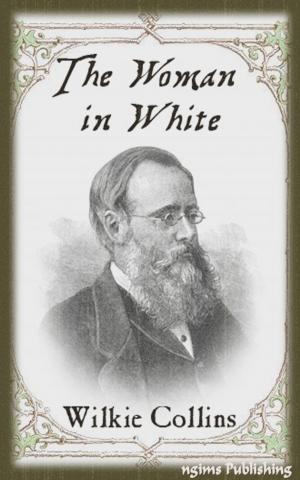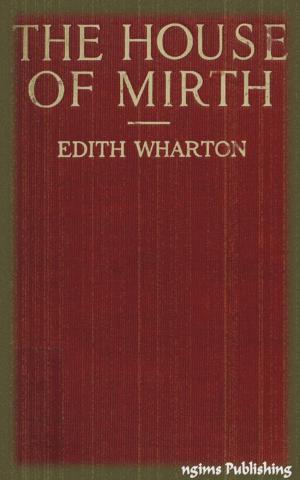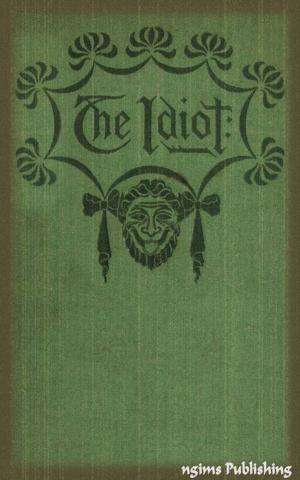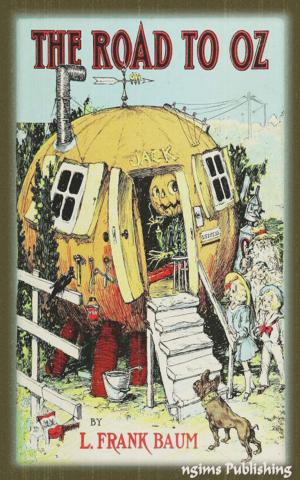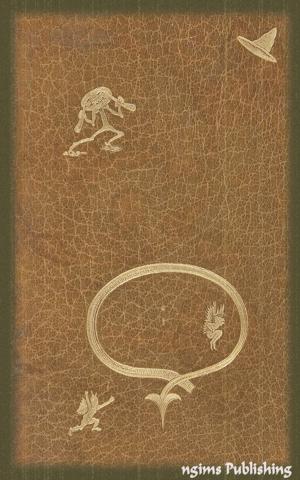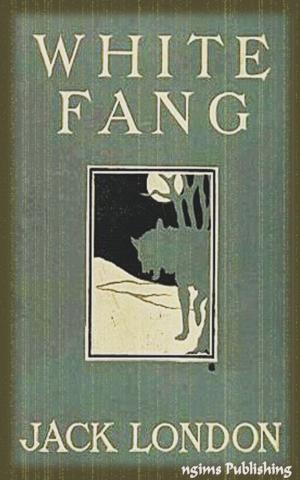Aesop's Fables (Illustrated by John Tenniel + Audiobook Download Link + Active TOC)
Fiction & Literature, Literary Theory & Criticism, Children&, Short Stories, Romance| Author: | Aesop | ISBN: | 9781618260772 |
| Publisher: | ngims Publishing | Publication: | June 18, 2013 |
| Imprint: | Language: | English |
| Author: | Aesop |
| ISBN: | 9781618260772 |
| Publisher: | ngims Publishing |
| Publication: | June 18, 2013 |
| Imprint: | |
| Language: | English |
FEATURES:
• Includes beautiful artworks and illustrations
• A link of a FREE audio book to download at the end of the book
• Active Table of Contents for an easy navigation within the book
• Manually coded and crafted by professionals for highest formatting quality and standards
Check out ngims Publishing's other illustrated literary classics. The vast majority of our books have original illustrations, free audiobook download link at the end of the book, navigable Table of Contents, and are fully formatted. Browse our library collection by typing in ngims or ngims plus the title you're looking for, e.g. ngims Gulliver's Travels.
Free ebooks on the web are not organized for easy reading, littered with text errors and often have missing contents. You will not find another beautifully formatted classic literature ebook that is well-designed with amazing artworks and illustrations and a link to download free audiobook for a very low price like this one. Our ebooks are hand-coded by professional formatters and programmers. Ebook development and design are the core of what our engineers do. Our ebooks are not the cheap flat text kind, but are built from the ground up with emphasis on proper text formatting and integrity.
Aesop's Fables or Aesopica refers to a collection of fables credited to Aesop, a slave and story-teller who lived in ancient Greece between 620 and 560 BCE. His fables are some of the most well known in the world. The fables remain a popular choice for moral education of children today. Many stories included in Aesop's Fables, such as The Fox and the Grapes (from which the idiom "sour grapes" derives), The Tortoise and the Hare, The North Wind and the Sun, The Boy Who Cried Wolf and The Ant and the Grasshopper are well-known throughout the world.
Apollonius of Tyana, a 1st century CE philosopher, is recorded as having said about Aesop:
... like those who dine well off the plainest dishes, he made use of humble incidents to teach great truths, and after serving up a story he adds to it the advice to do a thing or not to do it. Then, too, he was really more attached to truth than the poets are; for the latter do violence to their own stories in order to make them probable; but he by announcing a story which everyone knows not to be true, told the truth by the very fact that he did not claim to be relating real events. (Philostratus, Life of Apollonius of Tyana, Book V:14) (Wikipedia)
FEATURES:
• Includes beautiful artworks and illustrations
• A link of a FREE audio book to download at the end of the book
• Active Table of Contents for an easy navigation within the book
• Manually coded and crafted by professionals for highest formatting quality and standards
Check out ngims Publishing's other illustrated literary classics. The vast majority of our books have original illustrations, free audiobook download link at the end of the book, navigable Table of Contents, and are fully formatted. Browse our library collection by typing in ngims or ngims plus the title you're looking for, e.g. ngims Gulliver's Travels.
Free ebooks on the web are not organized for easy reading, littered with text errors and often have missing contents. You will not find another beautifully formatted classic literature ebook that is well-designed with amazing artworks and illustrations and a link to download free audiobook for a very low price like this one. Our ebooks are hand-coded by professional formatters and programmers. Ebook development and design are the core of what our engineers do. Our ebooks are not the cheap flat text kind, but are built from the ground up with emphasis on proper text formatting and integrity.
Aesop's Fables or Aesopica refers to a collection of fables credited to Aesop, a slave and story-teller who lived in ancient Greece between 620 and 560 BCE. His fables are some of the most well known in the world. The fables remain a popular choice for moral education of children today. Many stories included in Aesop's Fables, such as The Fox and the Grapes (from which the idiom "sour grapes" derives), The Tortoise and the Hare, The North Wind and the Sun, The Boy Who Cried Wolf and The Ant and the Grasshopper are well-known throughout the world.
Apollonius of Tyana, a 1st century CE philosopher, is recorded as having said about Aesop:
... like those who dine well off the plainest dishes, he made use of humble incidents to teach great truths, and after serving up a story he adds to it the advice to do a thing or not to do it. Then, too, he was really more attached to truth than the poets are; for the latter do violence to their own stories in order to make them probable; but he by announcing a story which everyone knows not to be true, told the truth by the very fact that he did not claim to be relating real events. (Philostratus, Life of Apollonius of Tyana, Book V:14) (Wikipedia)
